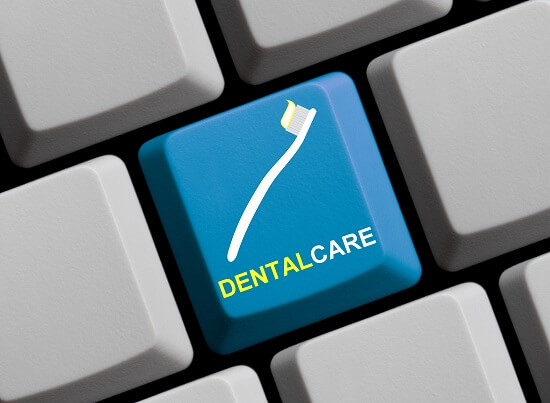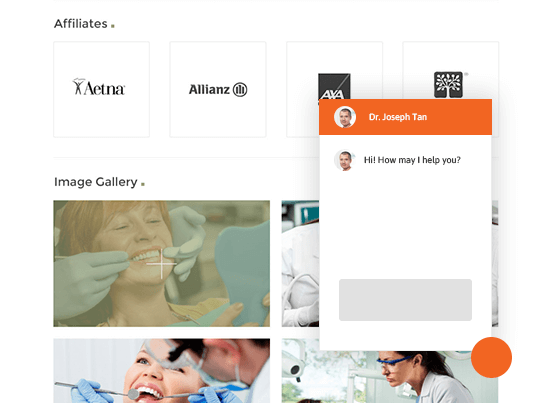Years ago, perhaps, any dental practice with a sign on their door and an image of a patient with a perfect smile could get the attention they needed. Back then, people turned to the phone directory to call a clinic for an appointment, or jotted down the number of the dental practice they saw down the street.
Today, people are online, and it’s through the internet that they find the services they need and set appointments with their dentists. While some dentists still use the old ways of marketing their practice, they also have a website to attract more traffic and inform potential clients about their practice. But, what if a dental website is not even ranking in search results? That simply defeats the purpose of having a website at all.

To make sure potential clients can find your dental practice online, you need to implement the best practices for dental SEO marketing:
Not Just a Website
As a businessman has a calling card, you have a website. It shows all the important information about your dental practice: your address, contact numbers, services, and specialisations. It also lists your name and your credentials, confirming your authority in the field.
Much like how a business card would be useless if it stays in your wallet, a website is not helpful unless it shows up when prospective clients search for a practice to visit. This makes dental SEO marketing strategies essential in bridging the gap that defines the success of any business – including yours – in this widely connected generation.
Building Your Authority and Client Base
There are several ways to utilise SEO for a dental practice, and you can start by providing high-quality content. As a part of a heavily regulated industry, your name and reputation are on the line whenever you talk about something – be it a specific oral problem, new dental technology, or a treatment.
Being in the dental industry also means you have in-depth knowledge of the field that common people may not know about. You can use that knowledge to build your authority and show them that you’re the expert they should be talking to.
Nonetheless, it’s important to pay attention to the content you produce. If you write it yourself, you will know the content is authentic, but you might need a copywriter to make sure it is grammatically correct and cohesive.
Reminder: SEO relies heavily in the quality of your content, as Google ranks engaging articles with text, graphics, and video. Fail to produce unique, quality content, and your site might not do too well in search results.
Answering Client Inquiries Without a Visitation
You may think providing answers to your clients will defeat the purpose of opening up a practice, as they can get your services for free. This is not the case, though. In fact, your clients will be grateful for your patience in addressing their concerns right when they hit the chat support feature on your website.

Finding a dental practice is usually not a one-and-done deal. Clients stay with you for the long haul, even taking their family to you and building your client base from there. They also recommend you to their peers if they are satisfied with your services. Part of ensuring their satisfaction is offering them a way to contact you for immediate concerns or additional information about procedures, payment plans and others.
Pro-tip: Set up your social media accounts and make sure that a member of your staff is always available to address inquiries. Your receptionist may handle this, or you may dedicate a social media manager for the task. Facebook shows the average time it takes for businesses to reply — the shorter time clients have to spend in your virtual waiting area, the better.
Sharing Your Expertise and Gaining Exposure
Dental practices using SEO strategies will benefit from increased exposure, especially if they are recognised in the field as one of the authorities on a particular specialisation. You cannot claim that you are the best dentist in town, but you can be tapped as an authority figure for a local publication. Or you can share your insights in an online trade magazine.
Get in touch with authoritative websites and see if they are accepting guests posts, or if they have a piece they want a dental practitioner’s insights on. You can either be a source of information or the author of the entire article — whichever it is, you can earn a link from your contribution, and that can boost your SEO.
To boost your traffic even further, don’t forget to check your Google Search Console for low-quality links that might be coming from spammy websites and have your hired SEO team disavow these as soon as possible.
Before you can perform dental procedures, you need clients. And those clients will not come if they don’t know you exist. So use SEO to your advantage and open the doors of your dental practice, both in the virtual and real world.